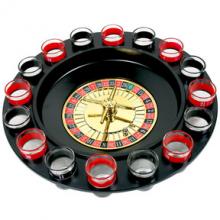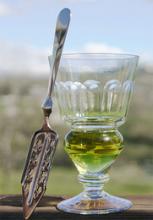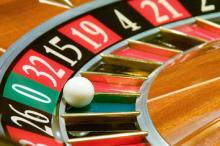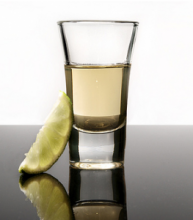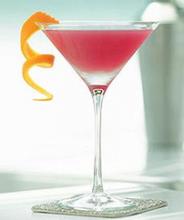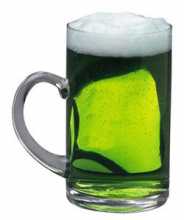Re-Embracing the Cocktail
I've been on record as saying that I generally disapprove of the cocktail as anything but a concept. If I'm going to drink, I generally go for spirits that haven't been augmented beyond recognition. Maybe it's just because I'm an inveterate lush, but nothing agrees with me more these days than straight liquor. I'll admit that most of my casual drinking habits still surround whatever comes out of the bottle unmolested by fruit juice, specialty liqueur or other esoteric ingredients. That doesn't mean I'm ready to take up the mantel of the purist. I've come to appreciate the cocktail as a novelty, something one drinks on special occasions or on nights dedicated to such tarted-up concoctions. I still have rules, though.
Rule #1: A Cocktail is Not a Drink
This rule requires some qualification. Yes, a cocktail is a drink in the same sense that a milkshake, a slurpee or a float is a drink, in that it is at least semi-liquid and consumed orally. A cocktail is not, however, the same as a glass of bourbon or a shot of vodka. A cocktail is an invention of flavor that only makes a quick stop at intoxication the way families driving cross-country make stops at the World's Biggest Ball of Yarn. Drunkenness is incidental to cocktails, but it's not the point. If you drink cocktails with the purpose of getting drunk you'll spend more evenings than any respectable adult ought to hunched over a porcelain bowl cursing whatever entity you believe created you. Cocktails are for fun and for experiencing unusual flavors. For instance, a cocktail may be designed to mimic the flavor of a key lime pie, right down to the crust. This is acceptable, if only because it's a pleasant distraction from the harsh, honest flavor of straight liquor.
Rule #2: If You Don't Like It Outside a Cocktail, Don't Drink It In a Cocktail
I despise cinnamon-flavored alcohol. So, I don't care if you can make me a drink that tastes just like a freshly baked apple pie, it still involves cinnamon-flavored alcohol so I'm avoiding it. This is just common sense. It doesn't matter how intriguing a combination of cocktail ingredients are. You wouldn't eat a green bean casserole if you don't like green beans on their own, so don't drink some gin-based cocktail if you don't like gin just because it's supposed to taste like a garden salad.
Rule #3: Cocktails Don't Pair Well With Anything
Cocktails are necessarily designed to have strong, complex flavors. Nothing you can chew is going to complement your cleverly-named cocktail. Alcohol pairing with food should be reserved for beer, wine or straight liquor because none of those things are attempting to dominate your palate. Whatever you eat with your cocktail, either the food or the drink is going to dominate the combined flavor. Let the cocktail shine for what it is. Some bartender carefully constructed this drink to have a very specific flavor. You're not doing it any favors by asking it to mingle with something arbitrarily.
Rule #4: Don't Order Something You Can Mix at Home
I've come to the conclusion that no bartender can make me a martini better than the one I make for myself and nobody is going to make a White Russian with the exact proportions that please me. If you must drink a cocktail, go to a bar that specializes in them and order something you'll never have the desire to mix at home. These drinks usually have odd, obscure names and use esoteric ingredients like a specific kind of bitters or a variety of vermouth only made by one lonely monk in Switzerland. Give that monk his moment in the sun and treat yourself to a flavor you'll likely never capture on your own.

